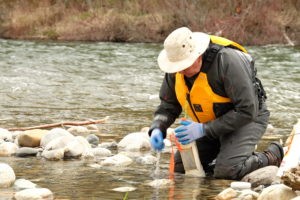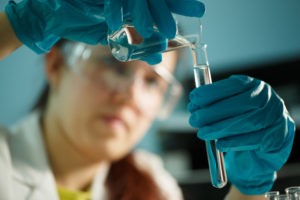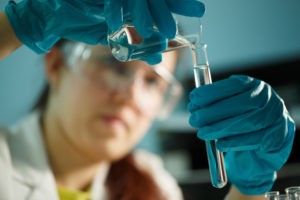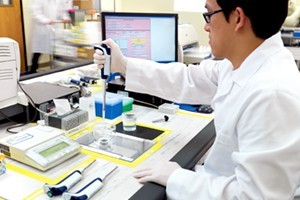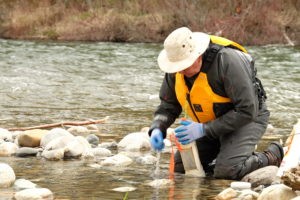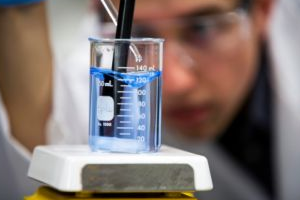Method for detecting aluminum content in water
Aluminum ions in water, like other heavy metals, are harmful to the human body when they are too high in content. However, as the third most abundant element in the earths crust, it exists in many forms in natural waters. In recent years, monitoring of wa
Precautions for using flame atomic absorption spectrophotometer
In water quality testing, different parameters will use different instruments. Each instrument uses different methods in actual operation. For example, some time ago we introduced the flame atomic absorption spectrophotometry used to detect potassium ions
Detection method of potassium ion in water
There are many methods for daily detection of potassium ions in water. Among them, the more convenient method is atomic absorption spectrometry. The principle is to directly inhale the sample into an atomizer for atomization. Under the high temperature of
Precautions for the detection of iron ions in water by o-phenanthroline spectrophotometry
Everyone knows that there are many methods used in the detection of iron ions in water. Among them, the more commonly used is the o-phenanthroline spectrophotometry. Dissolve into an ionic state, and then reduce the ferrous iron in the water to ferrous ir
Detection method of heavy metal copper in water quality
As a metal element that exists widely in nature, copper is also one of the earliest metals used by mankind. It can be seen in many places; It is clearly stipulated that the content of copper in drinking water cannot exceed 1.0 mg/L. Therefore, copper is a
Method for detecting total iron content in water
Iron is a relatively common heavy metal element in water. If proper iron is contained in drinking water, it is beneficial to the human body. But once the iron element in the water exceeds the standard for long-term drinking, it will cause harm to the huma
Points to note when detecting sodium ions in water
Everyone knows that when measuring some water quality, the results are often affected by many factors. Therefore, if the inspector wants to improve the accuracy of the measurement result, he must master the problems that need attention in the operation in
Detection method of sodium ion in water
There are many methods for detecting sodium ions in water, such as atomic absorption spectrophotometry, static method, etc. Among them, the atomic absorption method is suitable for the determination of sodium 5-500mg/L water samples. The main principle is
Internal electrolysis method to detect dissolved oxygen in water
In a medium with a pH of 9, indigo sodium disulfonate is electrolyzed by a galvanic cell composed of porous silver particles and zinc particles to form a reduced yellow substance. When this substance meets the dissolved oxygen in the water, it will be oxi
Detection method of hydrazine content in water
Under acidic conditions, hydrazine reacts with dimethylaminobenzaldehyde to produce yellow azo compounds. The depth of yellow is proportional to the content of hydrazine within the measurement range. Generally, the absorption wavelength of azo compounds i

